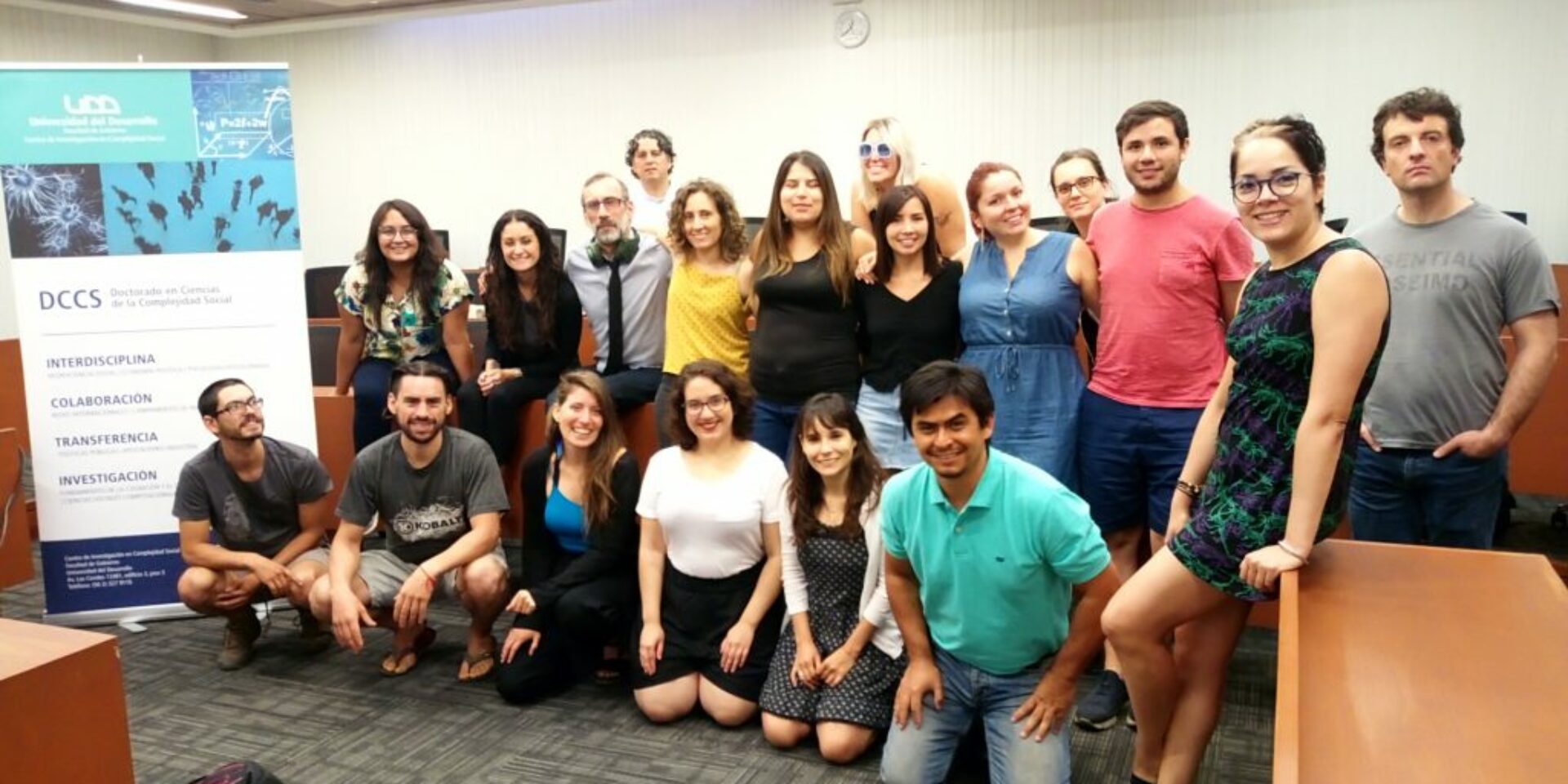
The Latin American Politics and Society journal has just published the paper of our researcher and DCCS Director, Jorge Fabrega, entitled «Polarization and Electoral Incentives: The End of the Chilean Consensus Democracy, 1990-2014». The research carried out together with Jorge González (Adolfo Ibáñez University) and Jaime Lindh (Fundación Piensa) shows the emergence and increase of ideological polarization in Chilean public opinion. Organized in five sections, the article by Fábrega illustrates the transition from a consensus to a polarized democracy, through the delivery of facts which shows that this process began a decade ago. The exhibition continues around the analysis of the reasons that would maintain this tendency of polarization and the implications of this phenomenon. The article is part of a research project that also investigates polarization in political elites and among electors.
Abstract
Consensus democracy among the main Chilean political forces ended abruptly after the 2013 presidential and parliamentary elections, the most polarized elections since the return to democracy in 1990. Relying on spatial voting theory to uncover latent ideological dimensions from survey data between 1990 and 2014, this study finds patterns of gradual polarization starting at least ten years before the collapse of consensus, based on an increasing demobilization of the political center that misaligned politicians from their political platforms (particularly in the center-left parties). That phenomenon changed the political support for the two main political coalitions and the intracoalition bargaining power of their various factions. The pattern also helps to explain the process behind the 2015 reform of the electoral system.
Fábrega, J., González, J., & Lindh, J. (2018). Polarization and Electoral Incentives: The End of the Chilean Consensus Democracy, 1990-2014. Latin American Politics and Society, 60 (4), 49-68. doi: 10.1017 / lap.2018.41
Note: Latin American Politics and Society is an interdisciplinary journal dedicated to the scholarly analysis of contemporary political, social, and economic transformations in Latin America and the Caribbean. It publishes peer-reviewed articles based on original research.